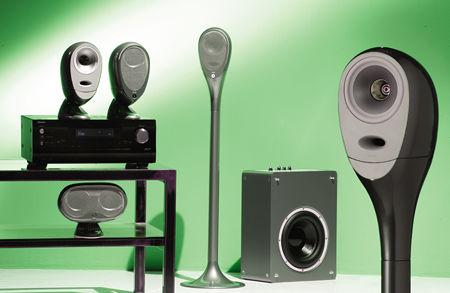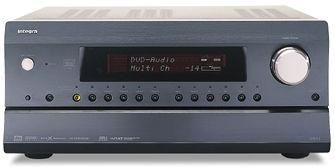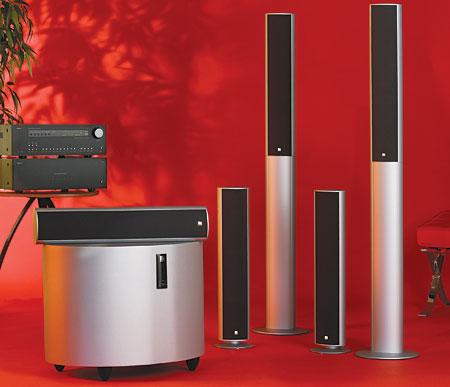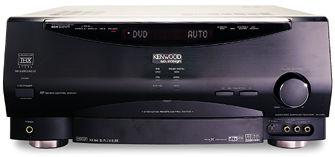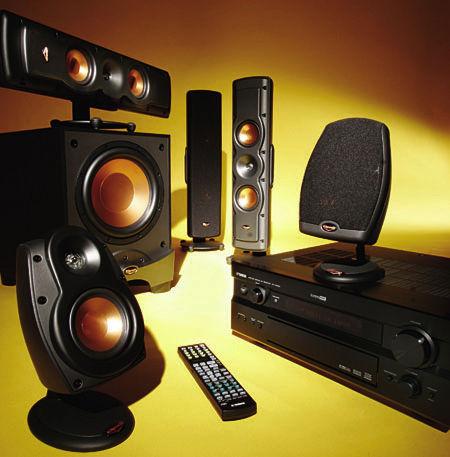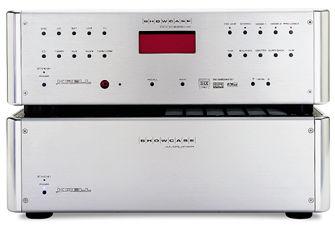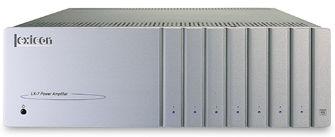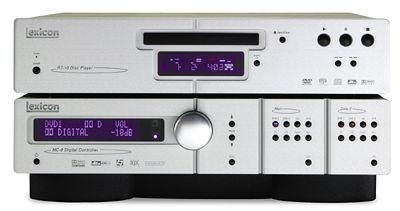Chris Lewis
Sort By: Post Date | Title | Publish Date
|
Aug 30, 2005 |
Published: Aug 31, 2005
|
Jun 28, 2001 |
Published: Jun 29, 2001
|
Dec 12, 2005
|
Jan 03, 2002 |
Published: Jan 04, 2002
|
Jun 16, 2005
|
Nov 04, 2002 |
Published: Nov 05, 2002
|
Dec 19, 2002 |
Published: Dec 20, 2002
|
Nov 07, 2001 |
Published: Nov 08, 2001
|
Jul 14, 2003 |
Published: Jul 15, 2003
